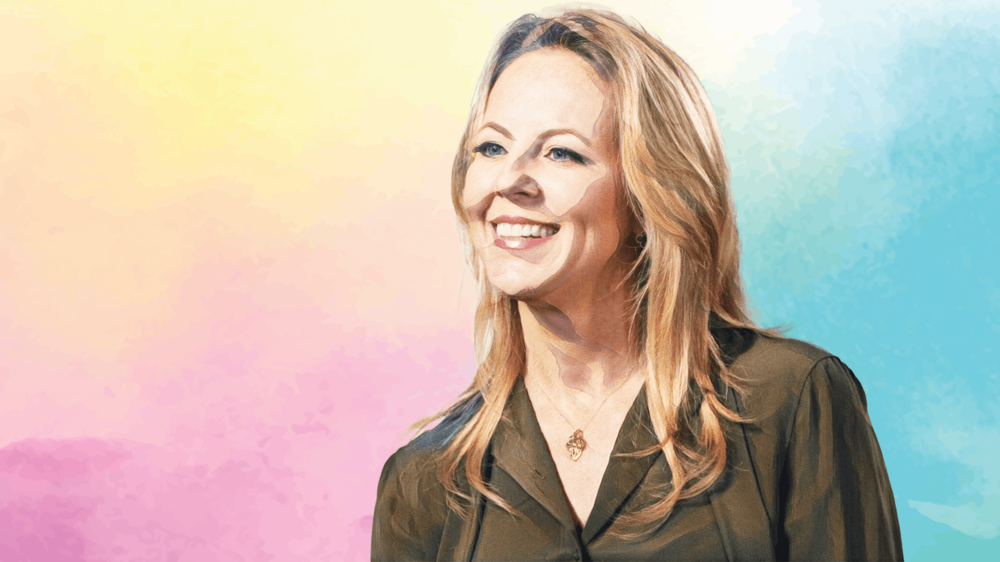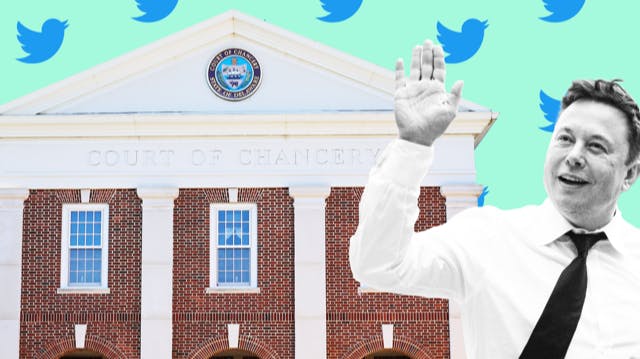Hi, welcome to your Weekend!
The economic news may be nerve-wracking, but judging from the results of our nearly 1,000-subscriber survey, Silicon Valley seems to be taking the downturn in stride. In fact, large proportions of our readership appear pretty content with the new norms of post-pandemic professional life.
This is a bit of a surprise. Between hiring freezes, sweeping layoffs and dwindling valuations, tech has undergone some painful corrections over the past year. And yet, our subscribers reported that they’re in better health, feeling more productive and even sleeping more these days—in spite of logging more hours of work.
Perhaps these impressions say more about where we’ve been over the past two and a half years than where we are now. The pandemic may be (slooowly) fading into memory, but we all have a bunch of psychic scar tissue we didn’t have before.
My unscientific take on the survey: Having plumbed the depths of pandemic anxiety since spring 2020, tech’s workers are now taking back more control over their lives. Hybrid and fully remote work, which is enjoyed by nearly 90% of respondents, gives people flexibility and freedom. It’s that feeling of agency, and not the undertow of economic dread, that is keeping us afloat.
Silicon Valley’s workers are logging more hours than they were in 2020—but on the whole, they’re also happier about it. With most tech companies now mandating at least a partial return to the office, we surveyed 923 subscribers about their new RTO (or continued WFH) routines. The results offer some interesting contradictions: While the majority of people are feeling more productive and healthier than during the outset of the pandemic, roughly 40% plan to ditch their current jobs within the next two years.

For women in tech, a strange paradox has emerged—polls show that they have embraced hybrid and remote arrangements, and opt to work from home slightly more often than men. But they also are liable to spend those additional home hours on chores and child care, even when a partner is also working from home. As a result, Arielle writes, women in tech—already outnumbered by men three to one—are once again feeling torn in too many directions.

Adam Lashinsky visits with the Haun Ventures founder and ex-Andreessen Horowitz partner, who calls her $1.5 billion fund a “nimble strike force.” Having opened for business this spring just as the market for cryptocurrencies and other digital assets nosedived, Haun has since had to take a more patient approach to doling out her fund’s warchest.

Margaux delivers her verdict on “Coin: A Founder’s Story,” an 88-minute Coinbase-produced documentary, which premiered today on Amazon, iTunes, YouTube, and elsewhere. Told through CEO Brian Armstrong’s Kool-Aid-tinted glasses, the film is intended as a peek inside one of the crypto industry’s most powerful exchanges. But given what’s happened to the company since the cameras stopped rolling, it’s a depiction that seems transported from another reality.
The Endorsement

Reporter Arielle Pardes on the indispensable legal analysis of @chancery_daily:
Those of us who have been following the histrionics between Elon Musk and Twitter will soon require chiropractic services from all the whiplash. Musk tried to buy Twitter, then he tried to pull out, and now he’s trying to buy it again. Are you keeping up? If not, may I suggest the @chancery_daily Twitter account, which offers a minute-by-minute explanation of what’s going on in the absurdist court drama. Run by mysteriously well informed court insiders out of Wilmington, Delaware, @chancery_daily pairs screenshots of court filings with Urban Dictionary-style footnotes that cut through the legalese. Twitter’s response to Musk’s motion to stay, for example, was neatly summarized as: “nah fam let’s trial.” The analysis does go fairly in-depth, but for those who don’t have law degrees, the account also posts GIFs.

Watching: Climate change voyeurism
Social media has made voyeurs of us all. We watch other peoples’ vacations, peer into their homes, follow along as they get dressed for the day. It also lets us observe their tragedies. For the New Yorker, Pitchaya Sudbanthad writes about tracking devastating flooding in Thailand, where his parents and other relatives live, through Twitter and Instagram. “With a few taps on a screen,” he writes, “I can watch faraway cities as they drown or burn.” Social media can make the world’s climate catastrophes feel more immediate, but it builds a detached sort of empathy: for the voyeur, the disaster is nearly contained within the rectangle of their phone. — Arielle
Reading: Revenge of the Hinge bots
As a man who dates men, I feel at liberty to proclaim that finding dateable men online is the worst. But as it turns out, the only thing worse is dating fake men online. Wired’s Lauren Goode examines how Hinge, one of the dating apps owned by Match Group, has been overrun by bots—dummy Don Juans pictured shirtless and without blemish, sometimes holding “dogs or any other cute animal that might draw your attention.” While the bot boom on Hinge doesn’t seem part of some massive swindle, Goode concludes, “these scammers take up space in our apps and in our minds that has value of its own.” —Abe
Noticing: A plutocrat popularity contest
Our views on billionaires depend entirely on which billionaire we’re talking about, according to a new survey by YouGov. Often it comes down to political allegiances: Elon Musk, for instance, received +48 favorability rating from Republicans and a -26 rating from Democrats. On the flip side, Melinda Gates saw +50 from liberals and -10 from Republicans. Still, everyone likes Warren Buffett (+22 from Republicans, +38 from Democrats). And everyone hates Mark Zuckerberg: liberals (-18) think he hasn’t done enough to curb misinformation on Facebook, while conservatives think his platforms are biased against them—one reason why he scored a miserable -35 among Republicans. – Abe
Makes You Think

Much like the economy, Viserys is not looking so hot.
Until next Weekend, thanks for reading.
—Jon
Weekend Editor, The Information



